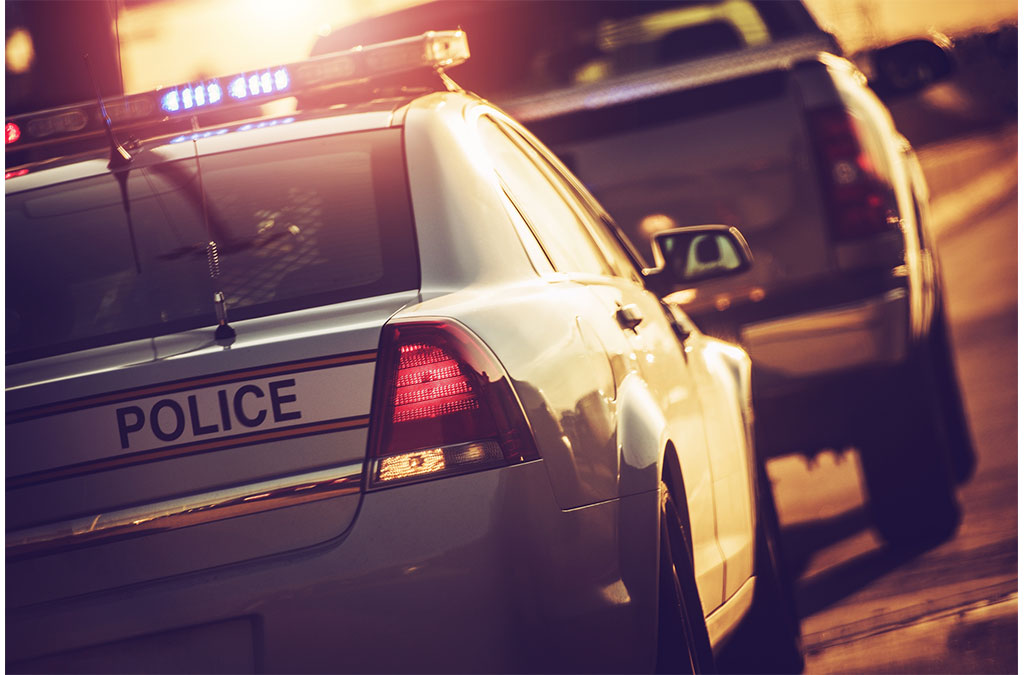DUI is a severe offense. It can lead to fines, license suspension, and even imprisonment. Understanding why police officers stop drivers for DUI is vital. This knowledge helps you keep yourself and others safe by preventing such situations. Law enforcement officers look for certain signs in drivers who may be impaired. Let’s talk about why you may get pulled over in suspicion of a DUI and how to avoid a DUI charge in this article. If you stay informed and make responsible choices, you can keep yourself and others safe on the road.
What is a DUI?
Driving under the influence (DUI) is a crime. It happens when someone drives a vehicle while drunk or high on drugs. In most states, the legal limit for blood alcohol concentration (BAC) is 0.08%. However, this amount can change depending on the area’s rules. Driving under the influence poses significant dangers to the driver, passengers, and other road users, as it impairs reaction times, coordination, and judgment. Alcohol and drugs cause many deadly crashes each year.
Common Reasons for Getting Pulled Over
There are several reasons why a driver may be pulled over by a police officer, including:
- Speeding: Exceeding the posted speed limit is a common reason for being pulled over. Speeding not only endangers the driver but also puts other road users at risk.
- Reckless driving:
- Aggressive driving involves tailgating, weaving in and out of traffic, and making dangerous lane changes. Reckless driving is a serious traffic violation and can lead to severe penalties.
- Running a red light or stop sign: Failing to obey traffic signals is another common reason for being pulled over. This violation can cause accidents and is dangerous for other drivers and walkers.
- Driving with a broken taillight or other equipment violations: Police can stop drivers who have broken car parts like lights. Violations can make it hard for drivers to see you, increasing accident risk.
- Erratic driving: Drivers who swerve, drift across lanes, or drive too slowly might be impaired or have other issues while driving. Police officers see erratic driving as a warning sign. They may stop the driver to investigate.
Signs of Impairment
When a police officer stops someone suspected of DUI, they search for signs of impairment, like:
- Bloodshot or watery eyes
- Slurred speech
- The smell of alcohol or drugs
- Unsteady balance or difficulty walking
- Slow or uncoordinated movements
If you are pulled over by a police officer, remain calm and follow these steps:
- Pull over safely and turn off your engine.
- Roll down your window and keep your hands visible on the steering wheel.
- Provide your driver’s license, registration, and proof of insurance when asked.
- Answer the officer’s questions politely and honestly, but avoid self-incrimination.
- Comply with the officer’s instructions, including participating in field sobriety tests if requested.
- Be respectful and avoid fighting with the police officer. It might make the situation worse and result in more charges.
Consequences of a DUI Charge
A DUI charge can have significant legal and financial implications, such as:
- Fines ranging from hundreds to thousands of dollars
- Jail time or community service
- Suspension or revocation of driving privileges
- Mandatory alcohol or drug education classes
- Installation of an ignition interlock device on your vehicle
- A DUI conviction can harm your personal and professional life. It can make it hard to get a job, insurance, or maintain relationships.


Recent Comments